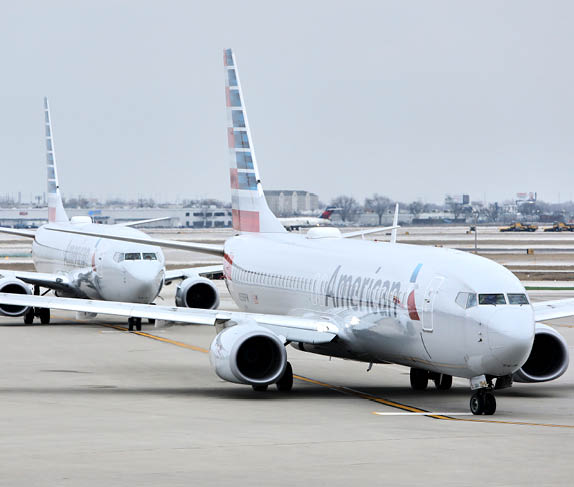The ITF Transport Outlook 2021, the biennial flagship report of the International Transport Forum, a sister organisation of the OECD, predicts global transport activity to more than double by 2050, and traffic emissions will rise by 16% compared to 2015 levels - even if existing commitments to decarbonise transport are fully implemented.
The report notes that any currently expected emissions reductions “will be more than offset by the increased demand for transport”. But, adds that transport CO2 emissions can be cut by almost 70% over the 2015-50 period “with the right policies”.
A reduction of this magnitude will bring the goal of the Paris Agreement to limit global warming to 1.5˚C into reach. It requires countries to put in place ambitious low-carbon policies now; reinforce positive behavioural changes caused by the pandemic; and gear stimulus packages towards decarbonisation.
The report presents three main scenarios for the future of passenger and freight transport, and all transport modes. The scenarios include detailed projections for transport CO2 emissions under different conditions, allowing an assessment of the potential impacts of future transport activity on climate change.
The report was launched at a press conference on 17 May with Ireland’s Minister of Transport, Eamon Ryan, and ITF Secretary-General Young Tae Kim. The press conference also opens the Annual Summit of Transport Ministers, held remotely from 17 to 28 May 2021.
“I am proud to present the 2021 edition of the ITF Transport Outlook,” said ITF Secretary-General Young Tae Kim. “It provides policy makers with insights from cutting-edge ITF research on the three major challenges of our time: the Covid-19 pandemic, climate change and inequality. It shows how they are linked, but also identifies actions - actions that are critical to ensure an effective and equitable transition to sustainable mobility on an urban, regional and global level in the wake of the pandemic.”

